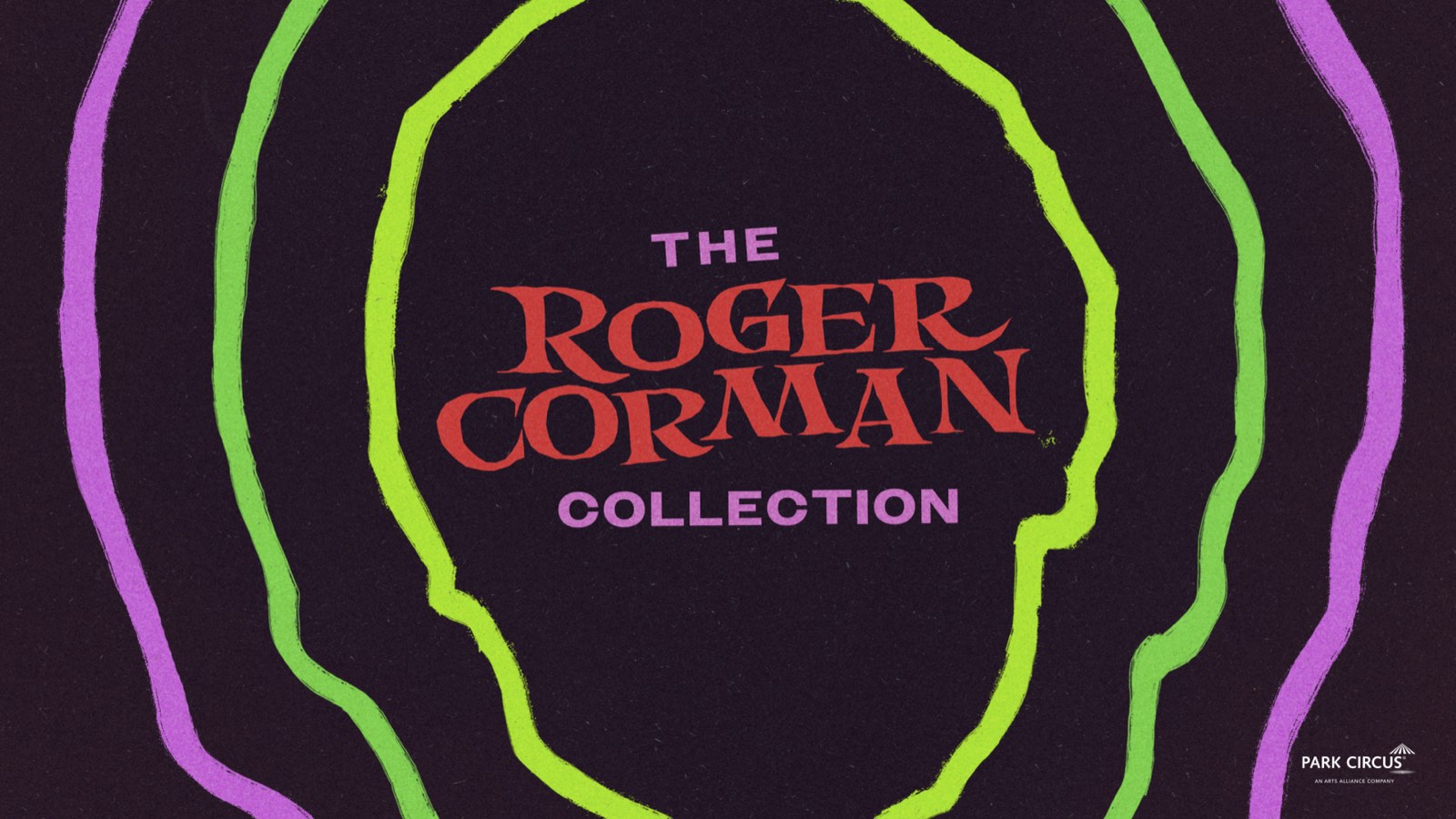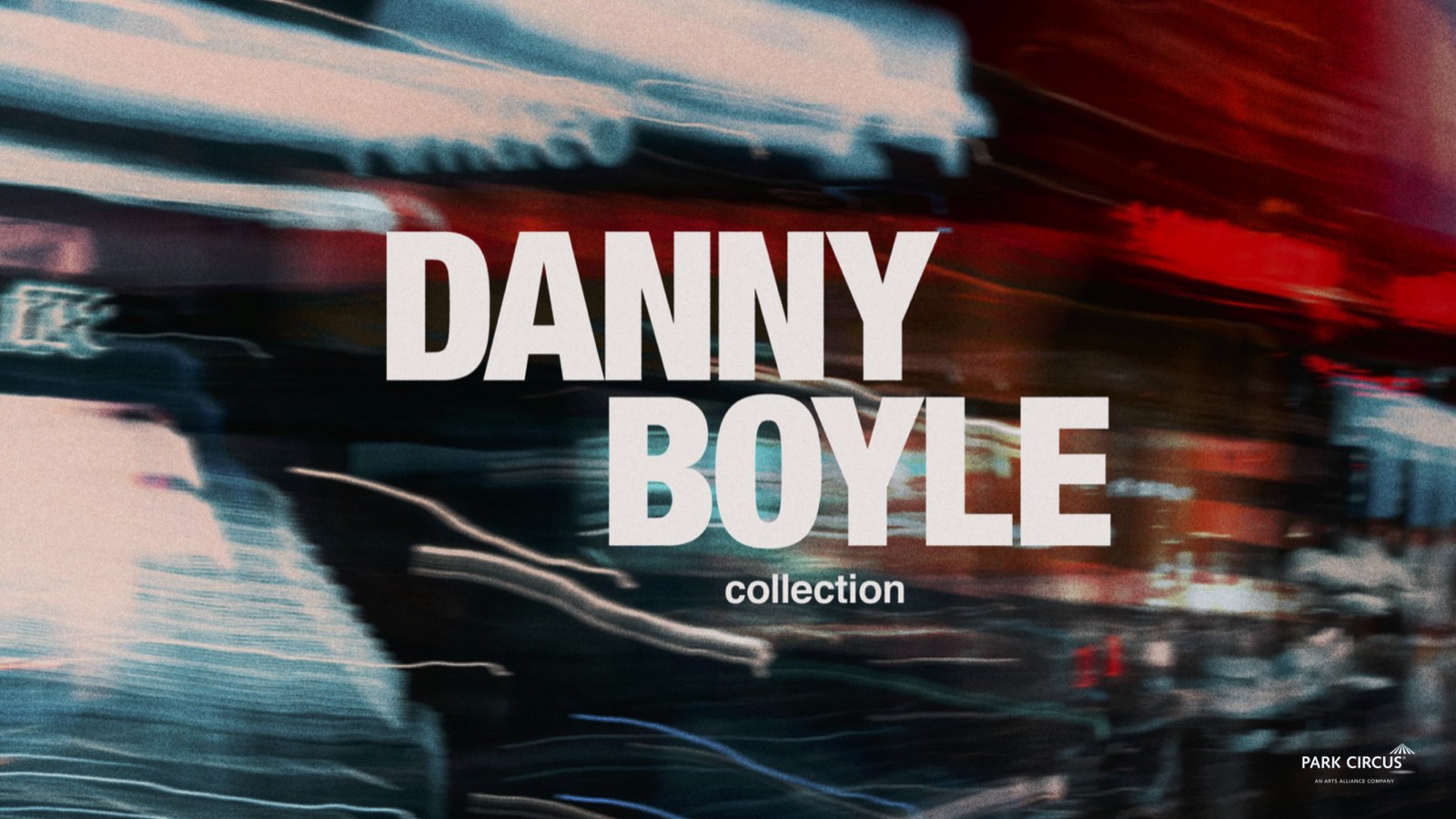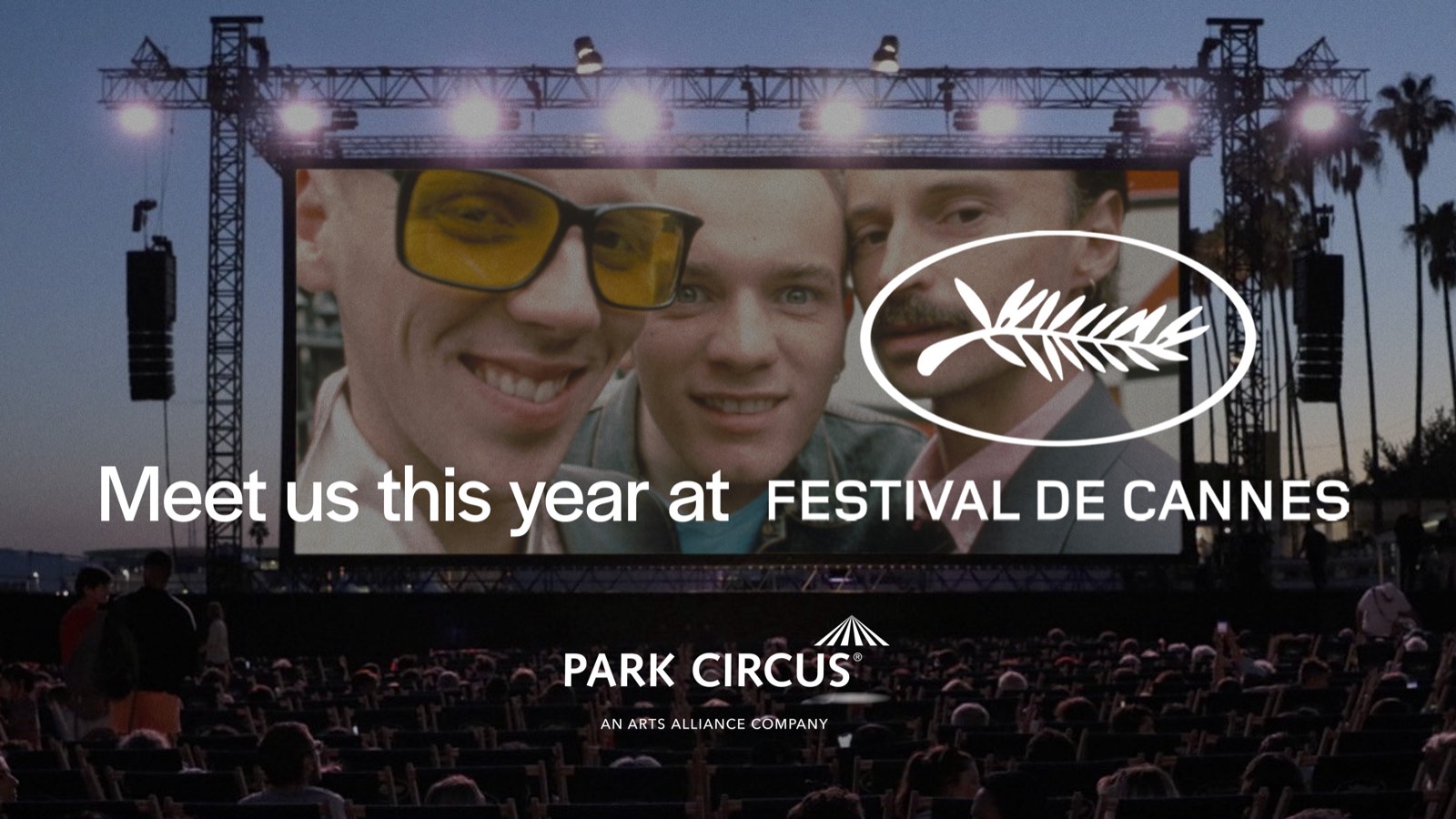
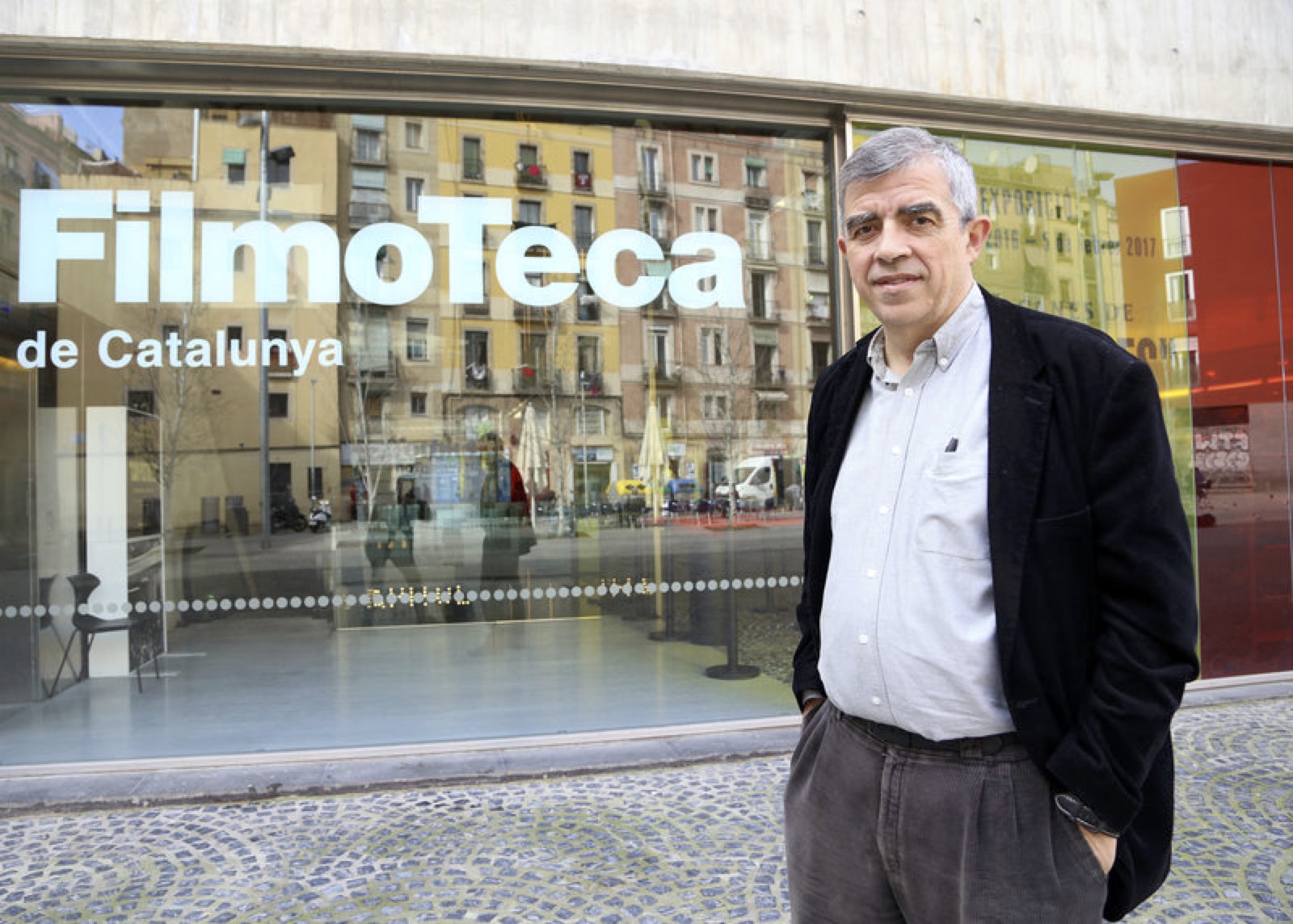
During these trying and uncertain times, we hope to be able to spread a little bit of love and movie magic by showcasing some of the wonderful exhibitors that we work with.
We spoke to Esteve Riambau, Director of Filmoteca de Catalunya in Barcelona about the role of cinemas in society, the importance of preserving the big screen experience, and more.
Tell us a little more about you and your cinema
The Filmoteca de Catalunya is a public institution whose aim is to preserve heritage and disseminate film culture. Besides the Preservation and Restoration Centre, we have a specialised library, exhibition spaces, educational services and two movie theatres where we hold roughly 1,500 screenings a year.
I've been at the helm of the institution since 2010, bringing to the post my previous experience as a film critic and historian, university professor and director of two feature films and a TV series.
Can you tell us your earliest cinematic memory?
We didn't have a TV at home until I was 14 years old. I was a regular cinemagoer, though. I started to get seriously interested in film as a teenager. My first professional contact was through the film societies, and I also began writing for specialist magazines at the same time.
How did you first get into film programming? What have you learned since?
I managed a couple of film societies when I was young. Later on, I collaborated with several festivals as a programmer. The governing criteria of a public institution such as a Cinémathèque rests on three pillars: classical cinema, contemporary cinema that is not screened commercially and cinema understood as a cross-cutting tool for social and cultural exchange.
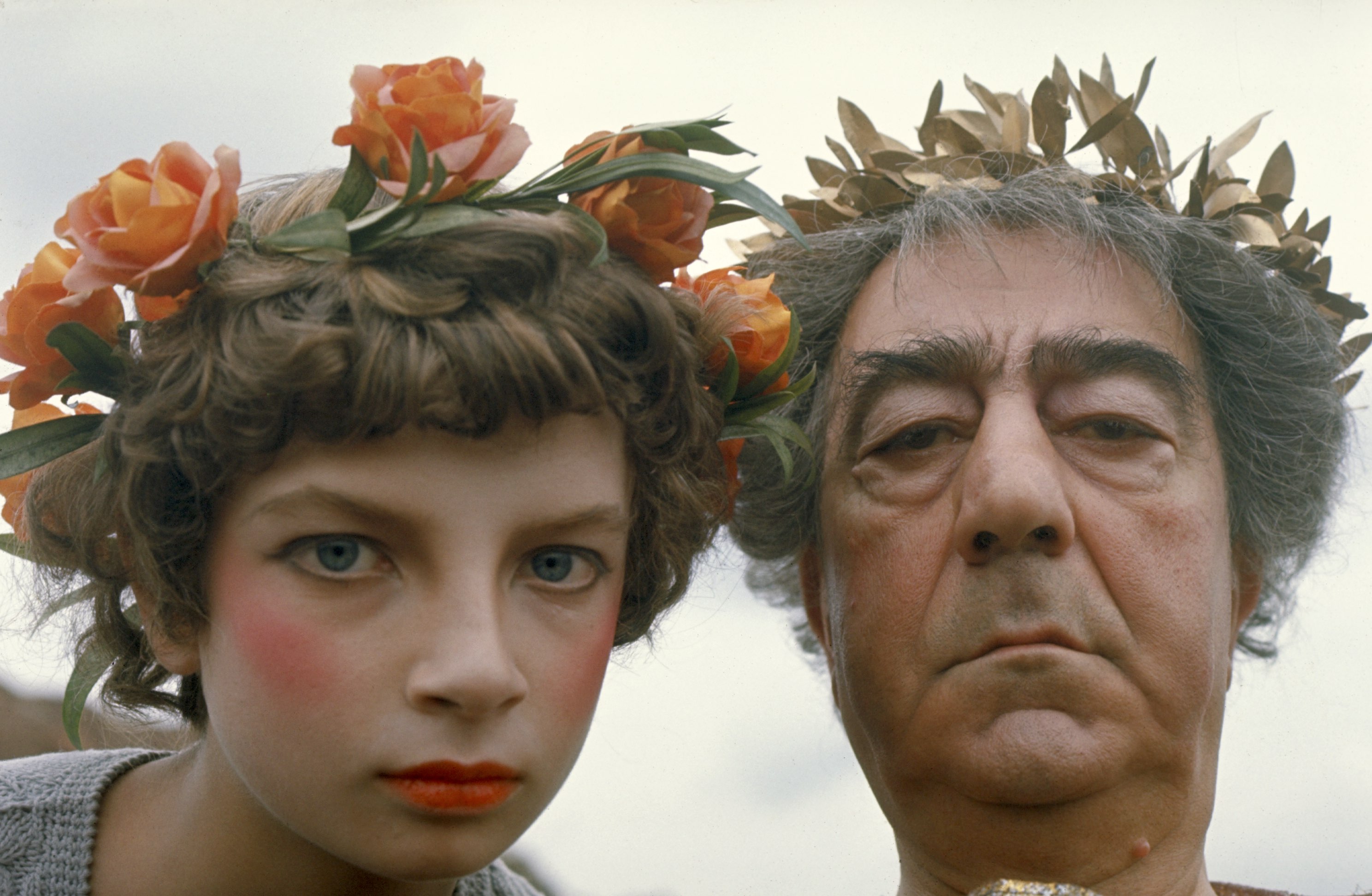
Fellini's Satyricon (1969) screened at the FIlmoteca in February 2020 as part of their celebrations to mark what would have been the legendary filmmaker's 100th birthday
Why do you think the big screen experience is so important for audiences?
Film archiving in the 21st century, and cinematheques generally, not only preserve the heritage of the 1900s, but the cinematic spectacle as it was back then, too. What I mean by that is theatres with big screens, original formats whenever possible and live musical accompaniment for silent films. We also attach a great deal of importance to having the filmmakers or specialists present the screenings. These events are one-of-a-kind and would be difficult to export to other formats.
Tell us about your plans for reopening your gorgeous space to audiences following these most turbulent of times? What can audiences expect to enjoy?
During the three months of lockdown brought on by the pandemic, we have offered online programming, combining content from both our archive and from contemporary film-makers. Despite the success of this initiative (which we have shared in with other archives from FIAF) it is just a circumstantial alternative, one that may be complementary but never definitive.
For us, cinema is in the theatres, and I'm certain that a large part of our audience – approximately 150,000 spectators a year – have been waiting for us to reopen to be able to once again enjoy films on the big-screen.


